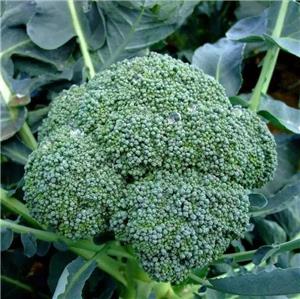-
1203-2021
Third meeting of the WHO Nutrition Guidance Expert Advisory Group (NUGAG) Subgroup on Policy Actions
The WHO Department of Nutrition and Food Safety (NFS), through the work of the Nutrition Guidance Expert Advisory Group (NUGAG) Subgroup on Policy Actions, is providing evidence-informed WHO guidance on effective policy measures to support Member States in developing enabling food environment to promote healthy diets and nutrition. Priority policy measures include nutrition labelling policies, policies to restrict marketing to children, fiscal and pricing policies, and school food and nutrition policies.
-
2609-2021
Cholera
Cholera is an acute diarrhoeal infection caused by eating or drinking food or water that is contaminated with the bacterium Vibrio cholerae. Cholera remains a global threat to public health and is an indicator of inequity and lack of social development. Researchers have estimated that every year, there are 1.3 to 4.0 million cases of cholera, and 21 000 to 143 000 deaths worldwide due to the infection.
-
1409-2021
Monitoring flour fortification to maximize health benefits: a manual for millers, regulators, and programme managers
Flour fortification is the practice of deliberately increasing the content of one or more essential micronutrients in flour. Fortification of wheat and maize flours with vitamins and minerals is considered a cost–effective strategy to address micronutrient malnutrition and nutrition-associated health outcomes, such as anaemia or the prevention of neural tube defects
-
0809-2021
New World Food Safety Day Report highlights a year-round effort to promote and ensure safe food for all
On 7 September 2021 WHO and FAO jointly released the annual World Food Safety Day report highlighting around 300 different events organized around the world on the occasion of World Food Safety Day (7 June 2021). Celebrations were held in 90 countries by international organizations, governments, businesses, non-governmental organizations, academics and individuals.
-
2203-2021
Mercury and health
Mercury is a naturally occurring element that is found in air, water and soil. Exposure to mercury – even small amounts – may cause serious health problems, and is a threat to the development of the child in utero and early in life. Mercury may have toxic effects on the nervous, digestive and immune systems, and on lungs, kidneys, skin and eyes. Mercury is considered by WHO as one of the top ten chemicals or groups of chemicals of major public health concern. People are mainly exposed to methylmercury, an organic compound, when they eat fish and shellfish that contain the compound. Methylmercury is very different to ethylmercury. Ethylmercury is used as a preservative in some vaccines and does not pose a health risk.




